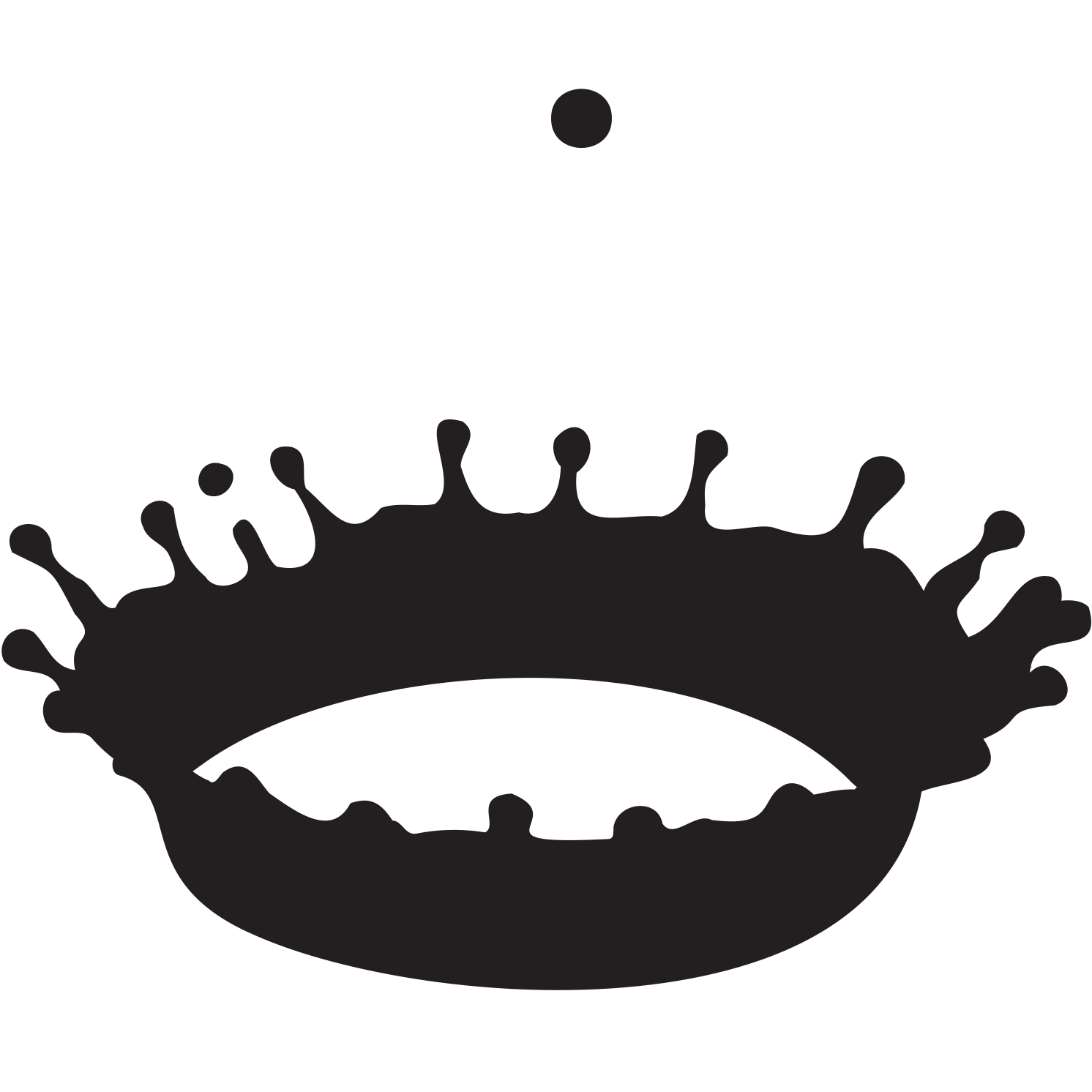Students work in small groups, under the guidance of researchers from MIT, to pursue specific aspects of the year's Terrascope problem. Teams design and build prototypes, graphic displays and other tools to communicate their findings and display them in a Bazaar of Ideas open to the MIT community. Some teams develop particular solutions, others work to provide deeper understanding of the issues, and others focus on ways to communicate these ideas with the general public. Students' work is evaluated by independent experts.
Addresses problems faced by underserved communities with a focus on design, experimentation, and prototyping processes. Particular attention placed on constraints faced when designing for developing countries. Multidisciplinary teams work on long-term projects in collaboration with community partners, field practitioners, and experts in relevant fields. Topics covered include design for affordability, manufacture, sustainability, and strategies for working effectively with community partners and customers. Students may continue projects begun in EC.701.
Addresses mitigation and adaptation to climate change as it pertains to water and health. Focuses on regions where water-borne illness, malnutrition, and vector-borne diseases - problems that will worsen with increasing temperatures and urban overcrowding - represent the top three causes of morbidity and mortality. Includes readings, workshops and films that address water, climate change and health challenges and explore solutions. Field trips include coastal watershed restoration, flood protection, carbon sequestration, and zero-carbon sites in the Boston area.
Provides an overview of pedagogical theories and core teaching skills that allow students to craft their own K-12 curriculum using the design process. Working in groups and collaborating with an international partner, students use the design process to create a final project for a specific audience that emphasizes hands-on, inclusive, project-based learning. Suitable for students with varying levels of teaching experience. Local fieldwork and K-12 classroom visits are required throughout the semester and international fieldwork may be available to students in the summer.
Focuses on disseminating Water, Sanitation and Hygiene (WASH) or water/environment innovations in developing countries and underserved communities worldwide. Structured around field-based learning, case studies, lectures and videos in which teams propose an idea and are mentored through the process of bringing that innovation to fruition.
Provides an overview of thermodynamics and heat transfer through an international development context to impart energy literacy and common sense applications. Students survey various alternative energy technologies and strategies for implementation in developing countries. Focuses on compact, robust, low-cost systems for generating electrical power and meeting household-level needs. Labs reinforce lecture material through deconstruction, system assembly, and sensor installation to track performance.
Seminar participants define and study the development stages of new enterprises at MIT, from the exciting moment a new idea for a tech product or service is realized, through to selling, customer support, and the next new idea. Follows the history of successful MIT spin-off companies with attention to the people (and their ideas) behind the start-up. Students attend MIT technology and science start-up case presentations given by individuals and teams working from zero-stage, and by partners in going concerns of historical relevance to the Institute and the economy.
Undergraduate research opportunities in the Edgerton Center. Throughout the year, the Edgerton Center sponsors a variety of UROP positions ranging from electronics and design projects to teaching 4th to 8th graders.
Undergraduate research opportunities in the Edgerton Center. Throughout the year, the Edgerton Center sponsors a variety of UROP positions ranging from electronics and design projects to teaching 4th to 8th graders. (P/D/F)
An opportunity for undergraduates to participate in teaching and tutoring Center subjects and seminars. Students develop one-on-one teaching skills under the supervision of an Edgerton Center instructor.





